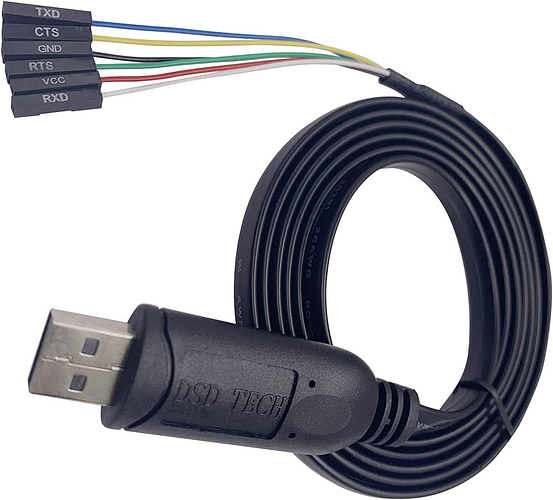Hi!
Last month I bought 3 pcs Rock Pi4A+ v1.73 with 4GB RAM/32GB eMMC. SPI is soldered as explained on https://forum.radxa.com/uploads/default/original/1X/5380bb1eb2b4e72fb1a11c2da6a0ebf955145212.jpeg (the 8-pin chip is there). I boot in maskrom mode, load Fedora 36 image rockpi-4b-fedora-minimal-36-1.5-aarch64-gpt.img (downloaded from the forum) to eMMC using rk3399_loader_v1.27.126.bin through USB from Windows PC using RKDevTool.exe - everything works fine.
/dev/mtd0 is not present.
NVMe disk is attached and mounted, data can be stored&read to it.
Now I try to boot from NVMe and follow the wiki instruction on https://wiki.radxa.com/Rockpi4/install/NVME (and https://wiki.radxa.com/Rockpi4/dev/spi-install) Checked the related topics in this forum including SPI + NVMe booting(beta)
I follow Step 1 – Method 1 using RKDevTool.exe from Windows PC, loader rk3399_loader_spinor_v1.15.114.bin (loader rk3399_loader_spinor_v1.20.126.bin gives errors) and image rockpi4a-uboot-trust-spi_2017.09-2697-ge41695afe3_20201219.img
On boot with pin 23-25 disconnected both green & blue LED shine, as expected nothing else happens as there is no image on NVMe.
I follow Step 3 - load the Fedora OS image in NVMe:
dd if=/root/Downloads/rockpi-4b-fedora-minimal-36-1.5-aarch64-gpt.img of=/dev/nvme0n1 bs=1M conv=sync status=progress
After dd completes nvme0n1p1~6 are created as expected.
Power down SBC, remove pin 23-25 bridge and power on: both green & blue LED shine, but nothing else happens as if there is no image on NVMe.
I repeated Step 3 by uploading to NVMe the recommended Debian image:
dd if=/root/Downloads/rockpi4-debian-stretch-desktop-arm64-20190730_2022-gpt.img of=/dev/nvme0n1 bs=1M conv=sync status=progress
After dd completes nvme0n1p1~5 are created.
Power down SBC, remove pin 23-25 bridge and power on: both green & blue LED shine, but nothing else happens as if there is no image on NVMe
NVMe model is LEXAR SSD NM620 512GB 2280 Gen3x4
No file /boot/hw_intfc.conf is present in my installation on eMMC.
My question is: can you guess what is reason for the setback and can you advice how to solve it?
My misgiving is that the choice of NVMe was not a lucky one, that Fedora36 image may need some extra tuning to boot from NVMe on Rock (but the recommended Debian image also fails).
Can you bring about some comfort?

 )
)